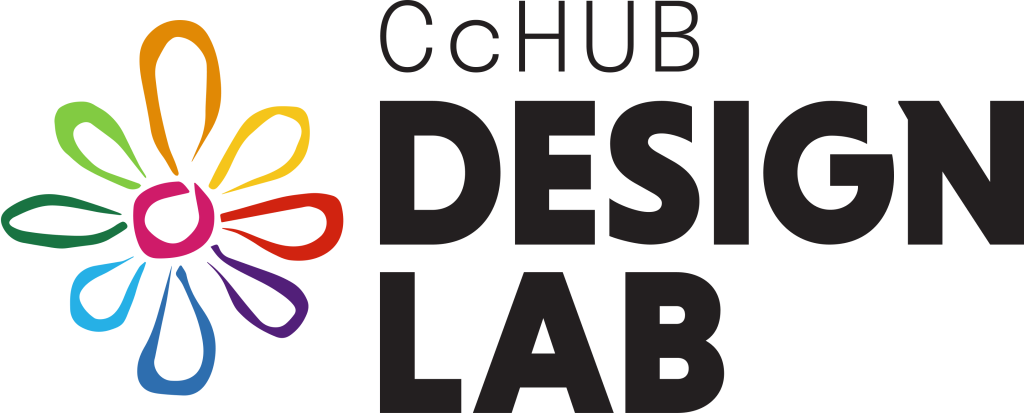The ongoing coronavirus pandemic is showing close relationships between urbanization and new or re-emerging infectious diseases. Urban areas in countries across the globe have reported more COVID-19 cases than rural areas. In the two-month period between 2021 January and the end of February, rural areas in some of African countries are seeing a rise in new daily cases. The COVID-19 attack rate is consistently higher in rural-like provinces compared to urban-like provinces (WHO, Urban & Rural Patterns of COVID-19 in Africa). To forecast the geographic spread of infectious diseases like COVID-19, it is important to know which individuals are likely to physically interact (Piontti et al., 2018).
The study design and analysis team at CcHUB/design lab examined and described differences of how geographic areas with stronger social ties to the country’s COVID-19 hotspot, generally have more reported cases than others by using Kenya, Nigeria and Rwanda as case studies.
The intensity of social connectedness between locations as a relative probability that two individuals across two locations are friends with each other on Facebook, was estimated by Facebook Data for Good by using an anonymized snapshot of all active Facebook users and their friendship networks.
Data on confirmed COVID-19 cases in the 3 countries (Kenya, Nigeria and Rwanda) by sub-national locations were collected by CcHUB team. In this article we used a snapshot of the dataset with data from January 1st, 2021.

